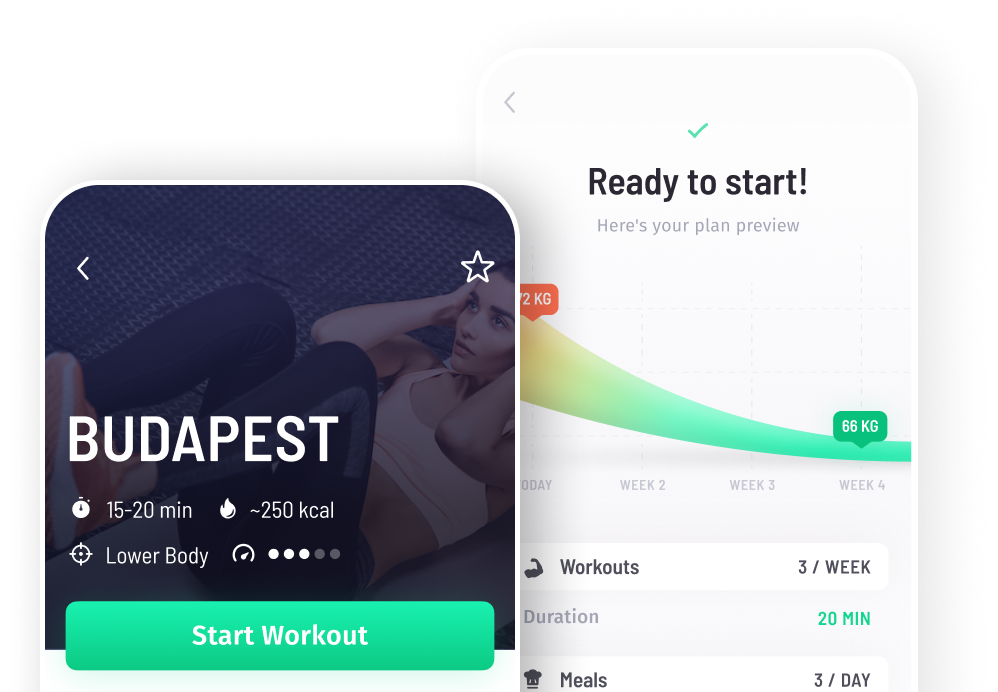Many people with diabetes worry about the effects that exercise may have on their condition. A big concern is how exercise will affect blood sugar levels and trigger a hypo. But experts agree that becoming more active can be beneficial for people with diabetes. Here is our guide to what you need to know about diabetes and fitness.
Benefits of Exercise for People with Diabetes
Increased fitness levels improve bodily function, immune health, metabolism, and reduce the effects of stress for everyone. Benefits specific to those with diabetes include:
- Maintaining healthy blood pressure
- Weight loss – particularly helpful for type 2 diabetes
- Reduction of cholesterol, lowering your risk of heart disease
- Improvement in insulin sensitivity
- Lowers blood sugar levels
- Increases energy levels and better sleep
- Improves mood and mental wellbeing
Best Types of Fitness for Diabetes
Everybody is different, and just because you share a condition with other people does not mean that you should manage it in the same way. There are many different factors to consider when determining what type of exercise you should do, including weight, fitness level, other conditions, age, and general health. It is vital to consult your doctor before starting a new fitness regime if you have not exercised before or have any diabetes complications.
If you have the go-ahead or know that it is safe for you to exercise, you could try getting more active during your day to day life. For example, why not cycle instead of getting the bus or driving? Or, can you take on a home improvement project such as some DIY or gardening?
It is great to combine activity in your daily routine with some specific exercise types if you can. You could try one or two of the following:
- Swimming
- Walking or jogging
- Yoga
- Pilates
- Dancing or Zumba
- Team sports like badminton, football, or tennis
- Tai Chi
- Working out in the gym with a personal trainer
Precautions of Diabetes and Fitness
Most exercise lowers blood sugar levels, and people who take medicine to reduce their blood sugar levels need to be aware of this. But some activities raise your blood sugar levels. Exercise can have different effects on different people. Therefore, it is vital to monitor your blood sugar levels before and after your workout and discover which exercises work best for you.
Here are some other points to consider:
- If you are prone to hypos, keep a fast-acting carbohydrate snack and your hypo treatment close by
- Recognize that you may need to change your insulin dosage around your exercise sessions – talk to your doctor about this
- Wear a diabetes ID so that if anything happens, people nearby can get you appropriate assistance
- Ensure you are adequately hydrated before, during, and after exercise
- If you plan to exercise for longer than an hour, take additional carb snacks that you can refuel with every 30-60 minutes
- Don’t exercise if you have an illness such as a virus or infection that could reduce your blood sugar control
- Ensure that your footwear fits you well and is supportive, and regularly check your feet for issues such as blisters and pressure sores
Remember, if you have diabetes and are in doubt about what type of exercise you should do, or you are brand new to exercise, consult your physician.
Did you enjoy this article? Share it!

